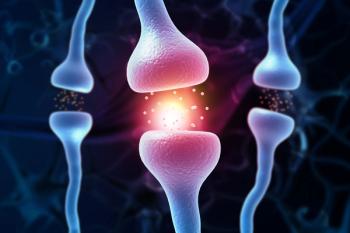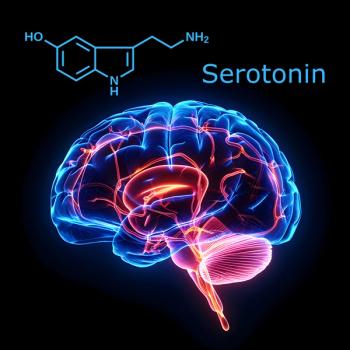
Examining the Verbal Communications of People With Schizophrenia: How Well They Understand Others and Make Themselves Understood
The researchers gauged verbal communication by analyzing how the individuals in the study narrated a story based on six cartoon images.
Schizophrenia causes a broad, even befuddling spectrum of deficits:
- Positive (abnormally present) symptoms such as hallucinations, delusions, disorganized thinking, communication and behavior
- Negative (abnormally absent) symptoms like lack of motivation and drive, social withdrawal, flat affect, and reduced speech
- Cognitive problems, such as difficulty with concentration, memory, and impaired executive function.
Many of them overlap, particularly when it comes to communication. Conversations and storytelling (aka “discourse production”) may be disrupted by, for example, jumping from one idea to another, meandering off-topic, providing excessive or irrelevant details before eventually getting to the point, and simply reduced speech.
All of these symptoms impact a person's ability to understand others and to be understood. It’s an issue that plays a basic role in living in a community, forming and keeping relationships, working, seeking help, and causing or experiencing misunderstandings, including in interactions with healthcare providers. A
Corresponding author
They also found that the ability to be understood by others was associated with the separate ability to understand others. There also were strong correlations between different dimensions of communication and certain clinical symptoms.
To get these results, the researchers directed each member of the two groups to perform a joint task with a partner: narrate a story that was shown in six cartoon images. For example, a man is carrying a pair of boots, then looking at tools in a shoe-shine box, shining the boots, examining his handiwork, and finally wearing them.
The interaction partner (a research assistant who can ask clarifying questions), separated from the participant by a panel that blocks nonverbal communication, holds the same cartoon panels but in random order.
Four raters (undergraduate research assistants who had not previously worked for the team) each listen to an audiotape of the interaction, blind to whether the participants are members of the schizophrenia group or controls, and try to put the images in order based on the conversation.
Then they rate three aspects of the discourse: how easy or hard it was for them to place the images of the story in the correct order (facility ratings), how interesting they perceived the story (interest ratings), and how expressive they perceived the participant’s tone of voice (expressivity ratings).
“Being perceived as less easy to understand, less interesting and less expressive even when retelling very simple stories,” the researchers write, “could have a considerable impact in everyday life.” Being less well understood by others could, for example, lead to misunderstandings that, in turn, could generate conflicts, they noted.
“Furthermore, having one’s discourse perceived as less interesting and less expressive” — measures that were significantly associated with so-called negative symptoms of the condition like flat affect and lack of motivation — “could result in people being less inclined to interact with them,” the authors note, adding that it could make it harder to form or keep social connections such as friendships or romantic relationships.
“This question would deserve more attention as an important factor to consider in order to promote personal and functional recovery,” particularly for patients with higher levels of negative symptoms.
Antipsychotic medications commonly prescribed to treat schizophrenia, they write, "could also contribute to impaired expressivity, especially when the dosages are not well adjusted, and our results suggest that it is important to aim to diminish these adverse effects to minimize the extent to which others find them less interesting."
Newsletter
Get the latest industry news, event updates, and more from Managed healthcare Executive.























